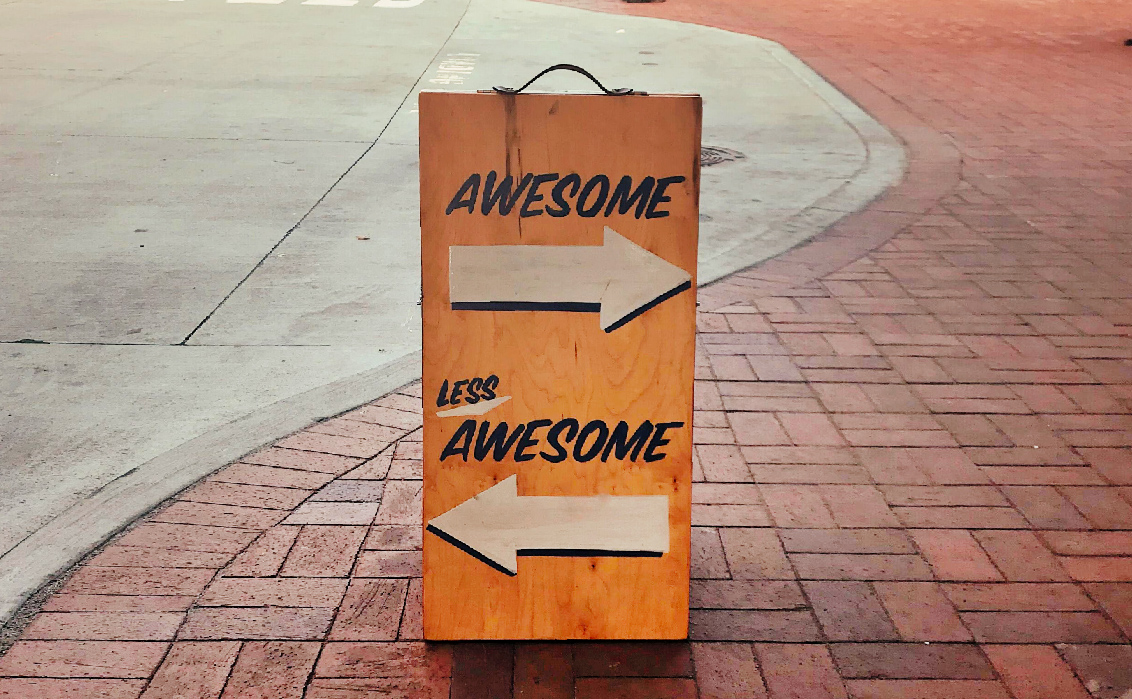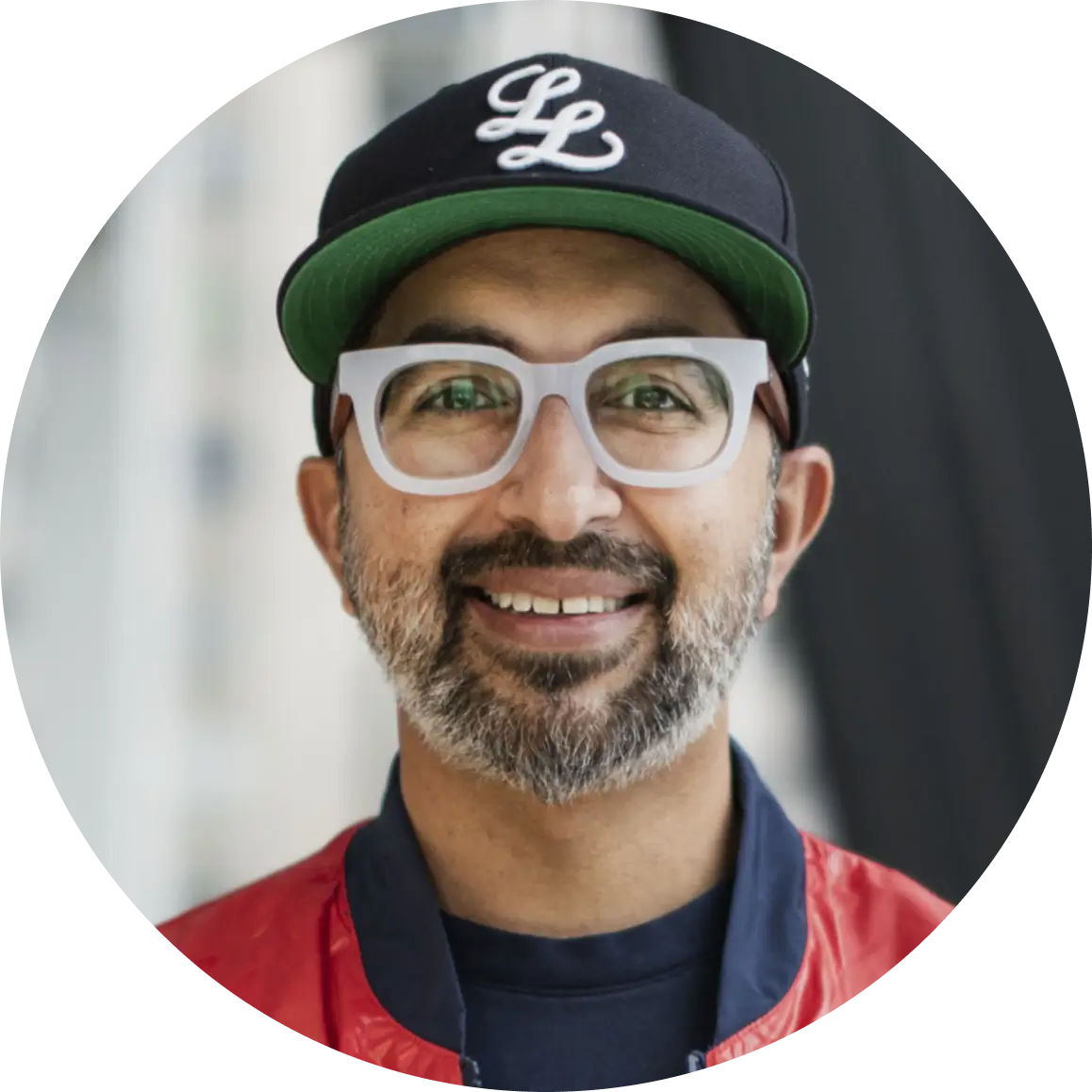Looking for our most current insights? Read Navigating the Crossroads: Technology, Authenticity, and the Future of Challenger Brands for thought provoking observations and questions for 2024.
How Challenger Brands will disrupt the status quo in the year to come.
At 5&Vine, we’re in the business of helping Challenger Brands win. We know what it takes to effectively face the incumbent and emerge victorious. We’ve leveraged our work with the world’s most exciting Challengers to predict the trends that will shape social media, fintech, food and healthcare in 2021, but what can we expect when it comes to the introduction and evolution of Challengers themselves? Here’s our take.
1. Challenger Brands will double down on their political position
In the past we’ve seen a number of brands take a political stand. Whether it’s Patagonia recently sewing a label that read ‘vote the assholes out’ into their garments or Levi Strauss & Co. taking a stand against gun violence in the US by pledging more than $1m to organizations and youth activists, consumers expect brands to show their position.
After the tumult of 2020, from political unrest to the Black Lives Matter movement, brands are under the microscope more than ever. It comes at a time when almost 70% of Gen Z in the US are more interested in politics since the election, 83% of millennials want companies to align with their values and 76% want CEOs to speak out on issues they care about.
2. A swell of direct-to-consumer brands competing with industry incumbents
With the rise of Shopify and the willingness of contract manufacturers to take a chance on new brands, there is an increased level of support to launch direct-to-consumer (DTC) brands. Through 2021, that pace will accelerate. While this typically begins with a focus of doing one thing well, such as the case with Klein knives, we’ve seen success lead to product expansion, with brands like AllBirds expanding from wool shoes to wool socks, underwear and sweaters.
The one thing that has and will continue to unite DTC brands is a common goal of seeking out a way to do things better. 2021 is likely to bring more Challengers eager to chip away at the share of incumbents, the assembly of those Challengers in an online mall of boutique stores (Amazon or Etsy for DTC), and those that have seen traction with a single product expand their offering to fuel the natural, but accelerating cycle.
Another facet of this swell of direct-to-consumer brands will come with original equipment manufacturers (OEMs) launching their own brands on Shopify, Wayfair and Amazon. Referred to as ‘pseudo-brands’, they’ll offer the same functionality and quality as the incumbent but at a heavily discounted price. For reference, almost half of top Amazon sellers (those selling more than $1 million in the US) are based in China.
3. Audience and influencer monetization
Influencers and nano-celebrities, like Huda Kattan, built massive social audiences and evolved to launch brands of their own to serve and monetize those communities. In 2021, that will be amplified. Recently, Mr Beast (a YouTuber with over 51m subscribers) launched the Mr Beast Burger in collaboration with Virtual Dining Concept at over 300 locations across the US.
Achieved with a ghost kitchen and available through popular delivery apps, it set a worthy challenge to incumbents. We predict a shift in the power dynamic from brands hiring influencers to influencers creating brands to compete with their former employers.
4. Brands in service of community
We’ll also see the activation of brands working to address community issues amplified by the quarantine and pandemic. Whether it’s mental health, systemic racism, inequality, child care, disenfranchisement, or isolation, these moves will challenge the models already in place and set the precedent for what’s to come.
Recently, Unilever pledged that every worker who provides the brand goods or services will earn a living wage by 2030, regardless of whether it’s more costly. As Unilever CEO Alan Jope said, “the two biggest threats that the world currently faces are climate change and social inequality. The past year has undoubtedly widened the social divide.”
We’ll also see brands launch safe spaces and initiatives to help disenfranchised communities. Though it was founded as a brick-and-mortar social club, wellness and co-working space in New York for people of colour, Ethel’s Club switched to a digital model after the pandemic.
Today, it features virtual clubs focused on creativity as much as community with a digital membership that introduces sessions with thought leaders, guided meditations and group life coaching. “It’s imperative to create a space where [people of color] can gather as one, hold space for our fears and hopes, heal, and ultimately create new futures as a community,” said its founder, Naj Austin.
BLACK AMBITION is another. As a set of prizes to “fund bold ideas and companies led by Black and Latinx entrepreneurs”, it comes at a time when Black and Latinx people make up 30% of the US population, but only 20% of its entrepreneurs.
5. Healthier alternatives to what’s already on the market
Inspired by the focus on our personal health and wellbeing, 2021 will continue to see the launch of Challengers dedicated to introducing healthier, better versions of what’s already the market. These new products will span everything from better products, like macro-balanced, beneficial desserts, to a better way of doing business internally, focusing on equality and investments with higher ESG standards.
Challenger Brand Immi is one example. Launching a healthy version of instant ramen noodles into the market, the founders spent a year developing a product that could be stored and prepared with the same convenience as instant noodles already on the market, but with better nutritional benefits.
We’re also seeing brands like 5&Vine client CoPower offer solutions for investors that promise both compelling return and positive ethical impact, and Loop, a solution that lets you keep shopping for everyday essentials at the brands you love but makes it zero-waste by returning the packaging for re-use.
This is the fifth in a series of 5&Vine posts dedicated to looking at the trends that will shape 2021. Be sure to check out our round-up of trends that will change social media, fintech, food and healthcare in the year to come.



